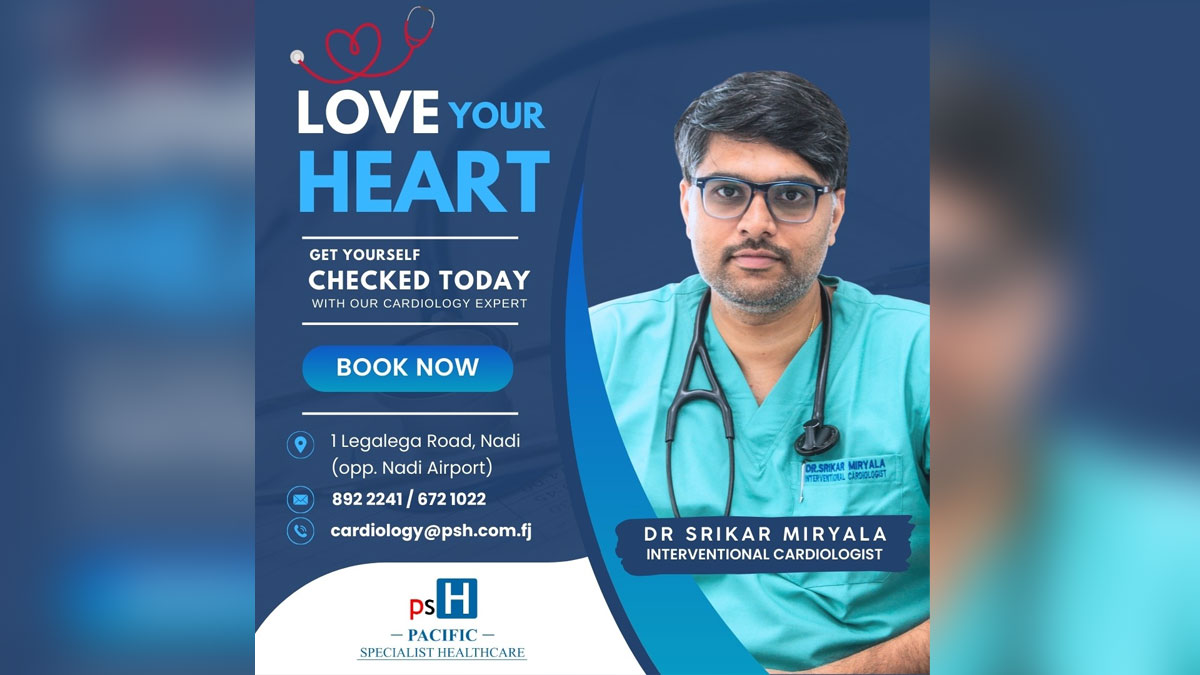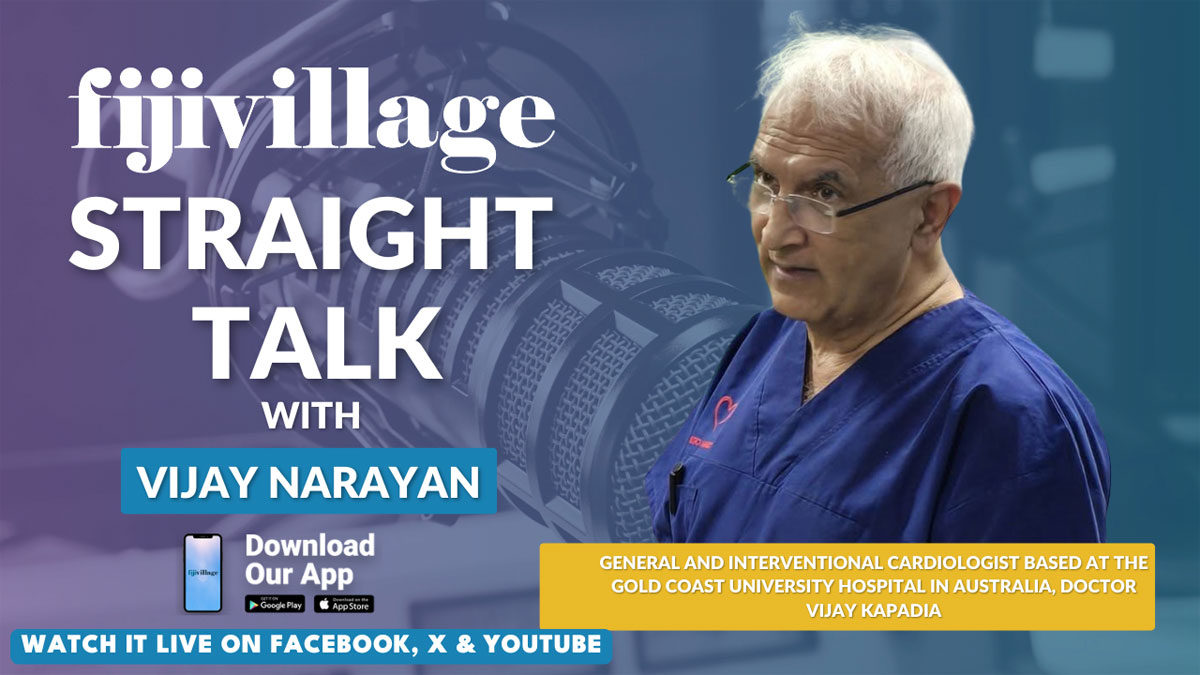
Heart disease remains one of the leading causes of death, yet many cases are preventable with the right knowledge and lifestyle choices.
Dr. Srikar Miryala, a cardiologist at PSH Hospitals, highlights the importance of prevention and early detection in reducing the risk of heart attacks and other cardiovascular conditions.
"Heart disease often develops silently, with symptoms becoming apparent only when serious damage has already occurred," Dr. Srikar said. "But with the right lifestyle choices and medical care, it is largely preventable."
Recognizing a Heart Attack
A heart attack can happen suddenly, but warning signs often appear beforehand. Symptoms include chest pain or discomfort, which may feel like pressure, squeezing, or heaviness and can spread to the arms, neck, jaw, or back.
Other signs include shortness of breath, nausea, dizziness, cold sweats, unexplained fatigue, and an irregular or rapid heartbeat.
"If you or someone around you experiences these symptoms, don’t wait—call emergency services immediately. Every minute counts," Dr. Srikar urged.
Steps to a Healthy Heart
According to Dr. Srikar, simple lifestyle changes can significantly reduce the risk of heart disease.
A heart-healthy diet should include fruits, vegetables, whole grains, and lean proteins while avoiding processed foods, excess salt, and sugar. Regular physical activity, such as brisk walking or swimming for at least 30 minutes most days, is also essential.
Managing stress through relaxation techniques, monitoring blood pressure, cholesterol, and blood sugar levels, and understanding family history can further lower the risk.
On the other hand, habits such as smoking, vaping, excessive salt and sugar intake, ignoring symptoms, skipping medications, and leading a sedentary lifestyle increase the risk of heart disease.
Early Medical Attention Can Save Lives
Many people delay seeking medical help, unsure if their symptoms are serious. Dr. Srikar warns against this hesitation.
"When it comes to heart health, it’s always better to be safe than sorry. Early intervention can prevent severe complications," he said.
PSH Hospitals is equipped with advanced cardiology facilities and a team of specialists dedicated to prevention, treatment, and recovery.
What to Do in an Emergency
If a heart attack is suspected:
· Call emergency services immediately.
· Chew an aspirin if advised to help thin the blood and reduce damage.
· Stay calm and sit down to prevent further strain on the heart.
Take Charge of Your Heart Health
PSH Hospitals encourages everyone to prioritize heart health. Regular checkups and early medical intervention can make a life-saving difference. For consultations or appointments, call 6721022 or 8922241, or email cardiology@psh.com.fj
"Your heart is your most vital organ—treat it with care," Dr. Srikar said. "Prevention is always better than cure."
Stay tuned for the latest news on our radio stations

